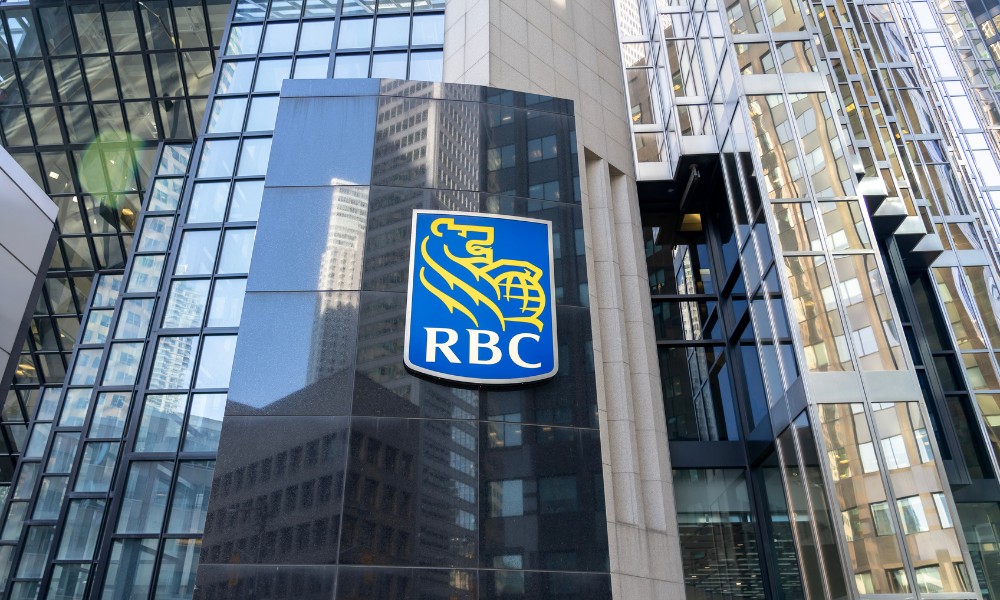Despite resilience, headwinds from aggressive rate increases are gathering

The announcement of Canada’s federal budget will take place against a backdrop of “rising economic uncertainty” with the impact of interest rate increases becoming increasingly clear, according to new analysis from RBC.
A report by economists Nathan Janzen and Abbey Xu said that on the positive side, Statistics Canada's advance estimate for January GDP showed a 0.3% increase from December, and February's labor market report suggested output likely continued to rise in that month as well. The manufacturing sector has been a bright spot, with January sales surging higher, and retail sales also rose 1.4% (1.5% excluding price impacts) in January.
However, there are also areas of weakness in the economy. The housing market continues to soften, with new construction declining in eight of the last nine months, and home prices continuing to edge lower. The impacts of interest rates have lagged behind the Bank of Canada's hikes but are increasingly weighing on household purchasing power as loans are renewed at higher rates.
Climate policy will be a key focus of the budget, particularly in response to the US Inflation Reduction Act. While an overheating economy has pushed inflation higher and boosted government revenues, plans to return the budget to balance remain aspirational at best. Fiscal tracking suggests a smaller budget deficit for fiscal 2022/23 than the $36 billion shortfall expected in the Fall Economic Statement, but no return to balance until 2027/28.
Some targeted relief to help vulnerable groups cope with higher living costs is expected, but Freeland has cautioned against excessive spending that could add "fuel to the fire of inflation." With rising economic uncertainty, the federal budget will be closely watched as a key indicator of Canada's economic future.



